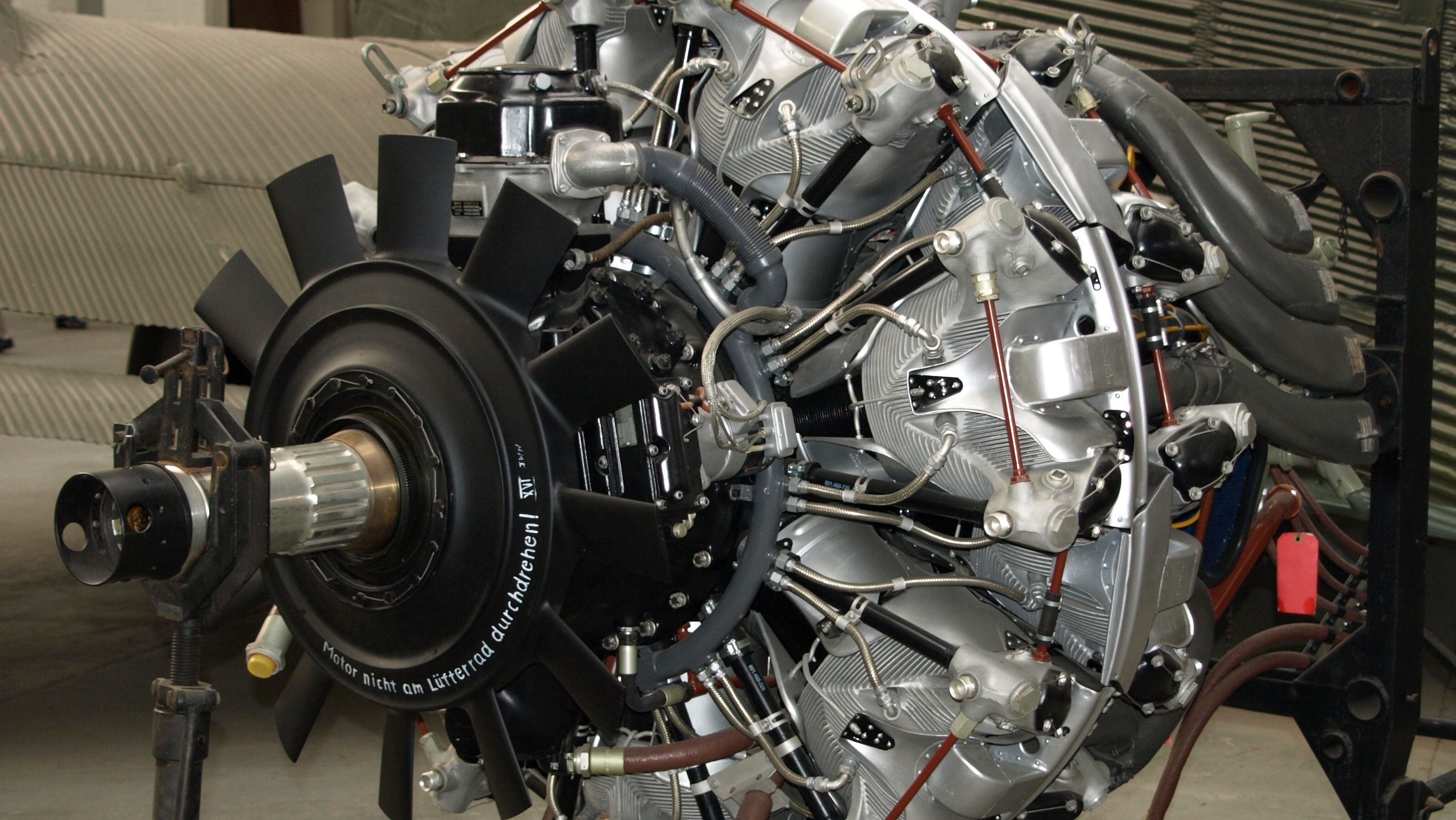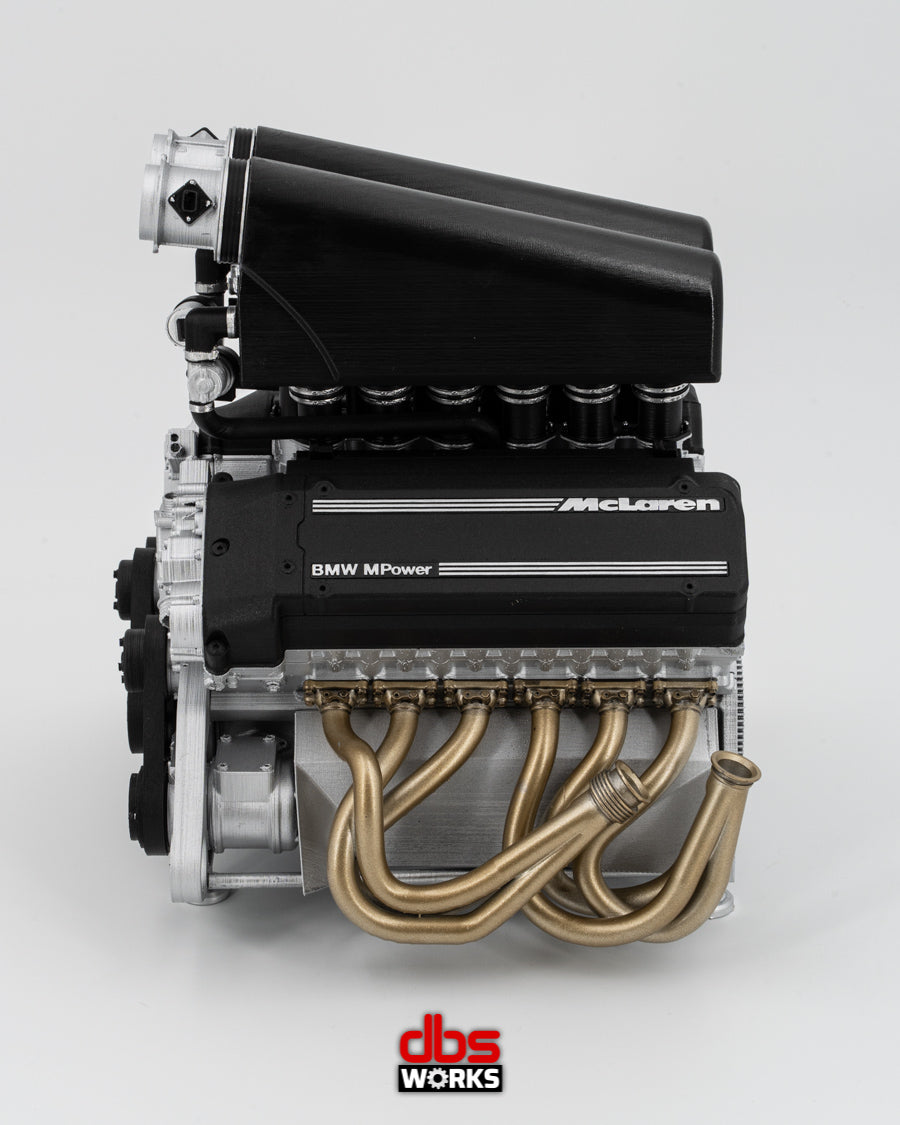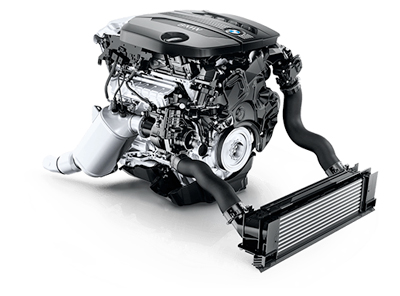The Development of the BMW Engine: A Look Back at Iconic Models
The Development of the BMW Engine: A Look Back at Iconic Models
Blog Article
Revealing the Intricacies of Next-Generation Power Units: a Deep Dive Into Advanced Engine Styles and Advancements
As we stand on the precipice of a brand-new age in transport, the complexities of next-generation engine designs bid us to explore the advanced modern technologies and advancements that guarantee to redefine the driving experience. Diving much deeper into the realms of discharge control, intelligent engine management systems, and the horizon of power unit development, we find ourselves on the cusp of a makeover that assures to reshape the landscape of mobility as we know it.
Advancement of Engine Products

The change towards advanced engine materials has actually additionally made it possible for designers to design engines with greater power results while maintaining fuel efficiency requirements. For instance, using lightweight materials lowers the total weight of the engine, leading to enhanced fuel economy and lower emissions. Additionally, improvements in products modern technology have actually permitted better thermal management within engines, resulting in raised dependability and long life.
Turbocharging and Supercharging Technologies
Just How do Turbocharging and Supercharging Technologies reinvent engine performance and efficiency in modern-day cars? Supercharging and turbocharging are technologies that considerably boost engine efficiency by increasing the amount of air intake right into the combustion chamber. Turbocharging accomplishes this by utilizing a generator driven by exhaust gases to pressurize the intake air, while turbo charging utilizes a belt- or chain-driven compressor to attain the exact same result.
These innovations enable smaller, more fuel-efficient engines to create power equal to larger ones, called downsizing. By requiring more air right into the cyndrical tubes, turbocharging and supercharging enhance burning effectiveness, leading to boosted horsepower and torque outcome without a significant boost in engine dimension. This results in far better acceleration, hauling ability, and overall driving performance.
In addition, turbocharging and supercharging contribute to enhanced fuel performance by enabling the usage of smaller sized engines that consume much less fuel under typical driving problems - bmw engine. This combination of enhanced performance and performance has actually made turbocharging and supercharging important elements of several contemporary engine layouts
Exhaust Control and Environmental Effect
With enhancing global issues pertaining to air top quality and ecological sustainability, the implementation of emission control innovations in automobiles plays an essential function in minimizing unsafe toxins launched right into the atmosphere. Modern vehicles are equipped with sophisticated emission control systems that help reduce the environmental impact of automotive operations. Catalytic converters, for example, are designed to transform poisonous gases such as carbon monoxide, nitrogen oxides, and hydrocarbons right into much less unsafe materials like co2 and water vapor.
Furthermore, advancements in engine technology, such as the integration of exhaust gas recirculation systems and selective catalytic decrease, have actually dramatically added to reducing discharges. These innovations operate in tandem to optimize combustion performance and lessen the launch of damaging contaminants into the air. Furthermore, the development of crossbreed and electrical cars stands for a critical action towards reducing the total environmental footprint of the transport industry.
Intelligent Engine Management Equipment

In addition, these systems enable automobiles to meet rigid emissions standards without endangering efficiency, offering an extra environmentally friendly driving experience. The integration of man-made intelligence and artificial intelligence capabilities in engine management systems proceeds to press the borders of what is possible, resulting in additional enhancements in effectiveness, reliability, and overall vehicle performance. bmw engine. As automobile modern technology developments, smart engine management systems will certainly play an important duty fit the future of transportation in the direction of an extra sustainable and effective instructions
Future Trends in Power Unit Advancement
As intelligent engine monitoring systems pave the way for enhanced control and optimization in contemporary cars, future fads in power system advancement are poised to redefine the landscape of automotive propulsion technologies. These alternative power sources offer boosted performance and efficiency while lining up with stringent ecological laws.
One more considerable trend is the assimilation of innovative products and manufacturing strategies. Light-weight materials such as carbon fiber and light weight aluminum see here are being made use of to decrease overall lorry weight, boosting fuel efficiency and efficiency. Furthermore, innovations in 3D printing and additive manufacturing are enabling the manufacturing of intricate engine components with greater precision and sturdiness.
Additionally, synthetic intelligence and machine learning are playing a critical function in optimizing power device performance. These modern technologies enable real-time surveillance and adaptive control, bring about much more reputable and reliable power shipment. On the whole, future trends in power system development are geared web in the direction of efficiency, performance, and sustainability, driving the automotive market in the direction of a new age of propulsion modern technologies.

Verdict
In conclusion, the innovations in engine materials, turbocharging, exhaust control, and intelligent administration systems have actually paved the means for next-generation power devices. These advancements have not only enhanced performance and effectiveness however additionally lowered environmental impact. As technology proceeds to evolve, future fads in power system growth are likely to concentrate on additional enhancing sustainability and optimizing power result. The intricate layouts and innovations in modern-day engines showcase the recurring evolution of automotive modern technology.
Exploring the progressive developments in engine materials has been essential in improving the efficiency and effectiveness of modern-day engines. Over the years, the evolution of engine products has actually played a critical duty in pressing the borders of what engines can attain.The change in the direction of progressed engine products has click likewise allowed engineers to develop engines with higher power outputs while maintaining gas performance criteria.The application of intelligent engine administration systems in modern vehicles has actually changed the means engines are managed and enhanced for performance and performance. By accumulating information in real-time and evaluating it with sophisticated algorithms, smart engine administration systems can adapt to driving designs, ecological aspects, and engine health and wellness to optimize power outcome while minimizing gas usage and emissions.
Report this page